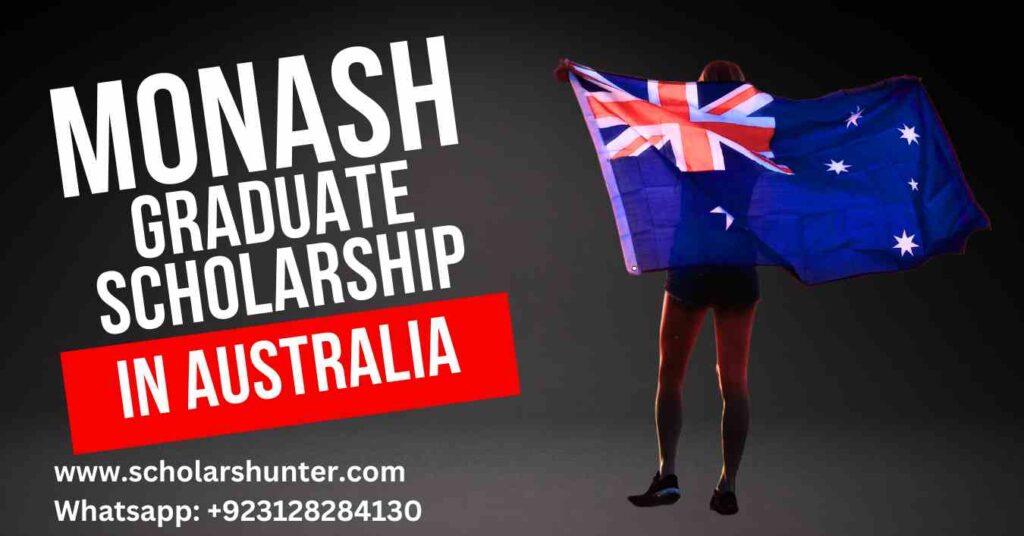Short Detail of World Bank Robert S. McNamara Fellowships Program (RSMFP):
Description of Scholarship:
World Bank Robert S. McNamara Fellowships Program (RSMFP) announced by World Bank (any university in the developing country) for students of developing countries i.e. Bangladesh, China, India, Kuwait, Nigeria, Pakistan, Peru, and former Yugoslavia to study in student's own country. The scholarship allows Fellowships level programm(s) in the field(s) of all subjects taught at World Bank (any university in the developing country). The last date of applying for this scholarship is applications for the 2023 cohort will open in March 2023 and scholarship provide totaling $42,750 net of income taxes per fellow for an 8-month fellowship (paid in monthly installments) to successful candidates.
The World Bank (any university in the developing country) provide a golden chance to students of developing countries i.e. Bangladesh, China, India, Kuwait, Nigeria, Pakistan, Peru, and former Yugoslavia to complete their studies in the field(s) of all subjects at student's own country on scholarship.
The World Bank Robert S. McNamara Fellowships Program (RSMFP) matches aspiring development economics researchers from developing countries with World Bank research economists, creating unique opportunities for fellows to participate in rigorous policy-relevant research in the World Bank’s Development Economics Vice Presidency (DEC). Fellows will be hosted at the World Bank in Washington, D.C. for 8 months (September to May each year) and work under the supervision of researchers in the World Bank’s Development Impact Evaluation (DIME) and Development Research Group departments, engaging in high-quality and policy-relevant research projects.
By working with World Bank DEC researchers and their external academic collaborators from top universities, fellows will learn current research standards, acquire new econometric skills, and network with leading researchers in their field. They will have a unique opportunity to participate in rigorous policy-relevant research and widen their perspective on potential development questions, and how their research can address challenges in the developing world.
Applications for the 2022 cohort are closed. The window for applications for the 2023 cohort will open in March 2023.
Key Program Features
Professional experience: Fellows will work on World Bank projects under the direct supervision of World Bank DEC researchers and will be offered training on cutting-edge research practices and technologies and engage with the World Bank operations. Depending on the nature of the projects, fellows may contribute to DEC’s published work, co-author with DEC researchers, join field missions, or directly engage with World Bank clients.
Capacity building: Fellows will receive a one-week technical onboarding at the start of the program, including training on reproducible research practices. During the program, fellows will participate in hands-on training and seminars by top economists, to further build skills. Through their work with DEC economists, fellows will enhance their ability to identify, study, and write about important development policy questions.
Research dissemination: Fellows will be invited to write a blog based on their fellowship research within DEC. This is an opportunity to showcase their research and contribution to development policy discussions. Each year, the top 4 blogs will be published on DEC’s Let’s Talk Development blog.

Compensation & Benefits of World Bank Robert S. McNamara Fellowships Program (RSMFP)
The RSMFP offers competitive compensation, totaling $42,750 net of income taxes per fellow for an 8-month fellowship (paid in monthly installments). Since the fellows will be hosted at the World Bank in Washington D.C., the World Bank’s HR Operations unit will assist the selected candidates with their application for a G4 visa.
Note: The fellowship does not cover travel expenses.
Financing
The World Bank Robert S. McNamara Fellowships Program (RSMFP) was established in 1982 by a resolution of the Executive Directors to award fellowships to young researchers to study in the fields related to economic development. Funding for the program was initially provided by the Governments of Bangladesh, China, India, Kuwait, Nigeria, Pakistan, Peru, and former Yugoslavia. This year, through a collaboration with the Joint Japan/World Bank Graduate Scholarship Program (JJ/WBGSP), the Government of Japan is supporting a two-year pilot initiative providing financing for fellows from the pool of recent graduates of the JJ/WBGSP to compete for a fellowship opportunity with RSMFP.
Governance
The World Bank Robert S. McNamara Fellowships Program (RSMFP) governance includes a Steering Committee, Selection Committee, and a Secretariat. The Steering Committee, comprised of representatives from the World Bank Executive Director offices of the donor countries, meets annually to review progress. The Selection Committee, comprised of World Bank DEC directors from the research and impact evaluation departments, makes selection decisions based on the selection criteria and fellowships development objectives. The Secretariat supports the Selection Committee in all its work and manages day-to-day operations, prepares policies and procedures, oversees onboarding, and manages development partner relations.
Research programs
Applicants will have the option to select in the application whether they would like to be hosted by the Development research department or the Impact evaluation department in the World Bank’s Development Economics Vice Presidency (DEC).
Selection process
Applications for the fellowship are open annually between March and April for cohorts starting in September of the same year. Applicants must submit
- An updated CV
- A statement of purpose describing their research interests, and professional objectives, and discussing their qualifications as development researchers
- Contact details for a reference who can provide a letter of recommendation (letters will only be requested for shortlisted candidates)
- A writing sample (optional)
- A code sample (optional)
Fellowships will be awarded based on application materials, knowledge of relevant economic methods, and demonstrated skills in required statistical software. Cohort formation will seek to achieve geographical and gender representation.
Requirements Criteria for Scholarship:
To be considered for the RSMFP, applicants must be:
- Nationals of World Bank WBG member countries, with preference to nationals of developing countries;
- Fluent in English;
- Graduates of master’s level studies or currently pursuing a Ph.D. in Economics or a related field;
- No more than 35 years of age (by June 30, 2022);
- Available to relocate to Washington, D.C. for the duration of the fellowship.
How to Apply for Scholarship:
Follow Apply Now button below
For general inquiries, contact us at [email protected]









